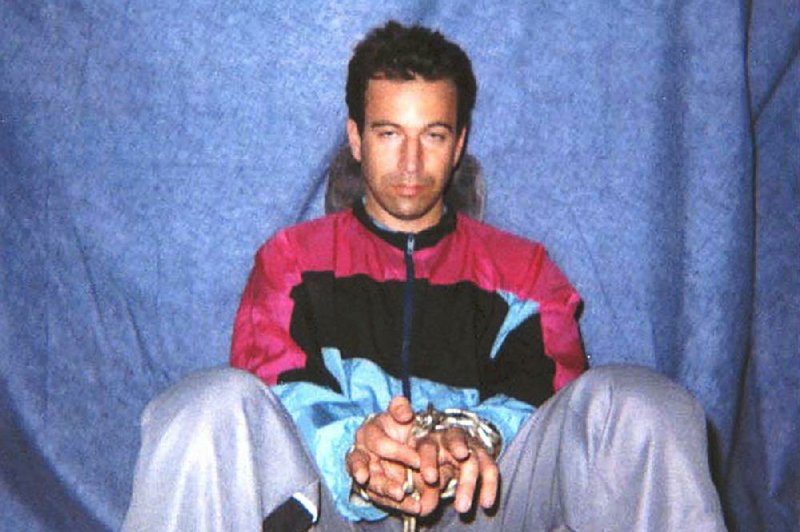KARACHI, Pakistan -- A Pakistani court Thursday overturned the murder conviction of a British Pakistani man found guilty of the 2002 kidnapping and killing of Wall Street Journal reporter Daniel Pearl.
Instead, the court found Ahmed Omar Saeed Sheikh guilty of the lesser charge of kidnapping and sentenced him to seven years in prison.
Pearl disappeared Jan. 23, 2002, in Karachi while researching links between Pakistani militants and Richard C. Reid, who became known as the "shoe-bomber" after he was arrested on a flight from Paris to Miami with explosives in his shoes. Prosecutors said Saeed lured Pearl into a trap by promising to arrange an interview with an Islamic cleric who police believed was not involved in the conspiracy.
One of Saeed's lawyers, Khwaja Naveed, said Saeed could go free unless the government chooses to challenge the court decision. Faiz Shah, prosecutor general for southern Sindh province, said the government will appeal to the Supreme Court of Pakistan.
The Committee to Protect Journalists issued a statement expressing disappointment at the court decision and supporting an appeal.
"The Committee to Protect Journalists is deeply disappointed to see justice in the murder case of Wall Street Journal reporter Daniel Pearl denied by a Pakistani court today," said Steven Butler, the Committee to Protect Journalists' Asia program coordinator.
U.N. spokesman Stephane Dujarric, asked for Secretary-General Antonio Guterres' response, said: "We stand against the use of the death penalty. We do, however, strongly believe that there needs to be accountability for people who take the lives of others, especially in this case of a journalist."
Saeed has already spent 18 years in prison in southern Hyderabad on death row. The seven-year sentence for kidnapping was expected to be counted as time served, Naveed said.
The Sindh High Court also acquitted three others accused in the case: Fahad Naseem, Sheikh Adil, and Salman Saqib, who were earlier sentenced to life in prison. The defendants were also collectively fined $32,000.
"Justice has been done for my clients," Naveed said.
Saeed, a former student at the London School of Economics, and the others were convicted in 2002.
A videotape received by U.S. diplomats in February 2002 confirmed that Pearl, 38, was dead. He had been beheaded.
The Pearl Project, an investigative journalism team at Washington's Georgetown University, carried out a three-year investigation into Pearl's kidnapping and death. They concluded that the reporter was beheaded by Khalid Sheikh Mohammad, who was arrested in Pakistan in 2003 and later described as the architect of the 9/11 terrorist attacks on the United States. Mohammad is a prisoner at the U.S. Naval Base at Guantanamo Bay, Cuba.
Information for this article was contributed by Munir Ahmed and Edith M. Lederer of The Associated Press.
A Section on 04/03/2020

